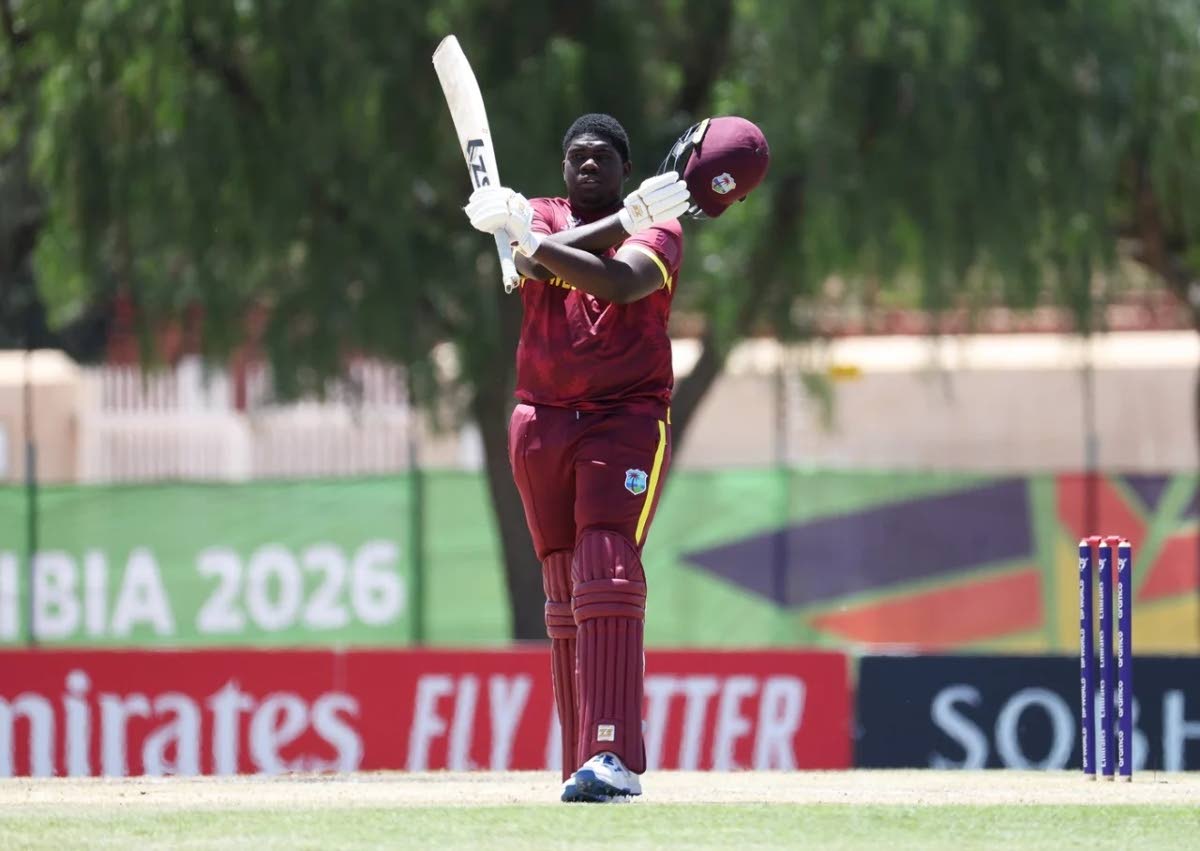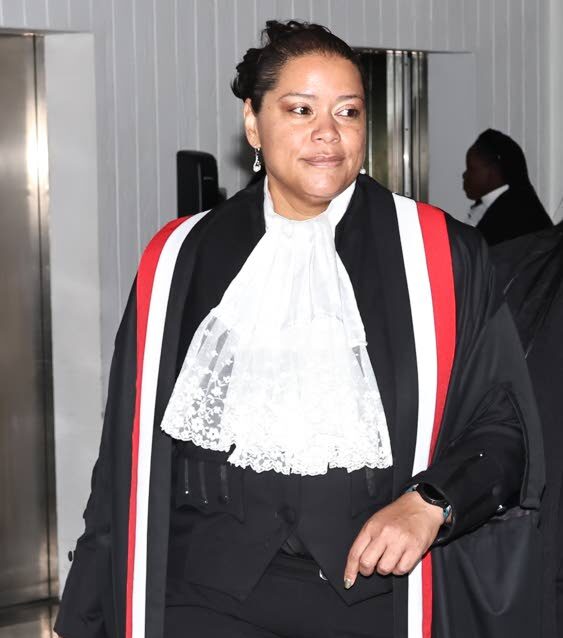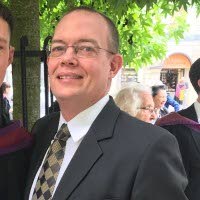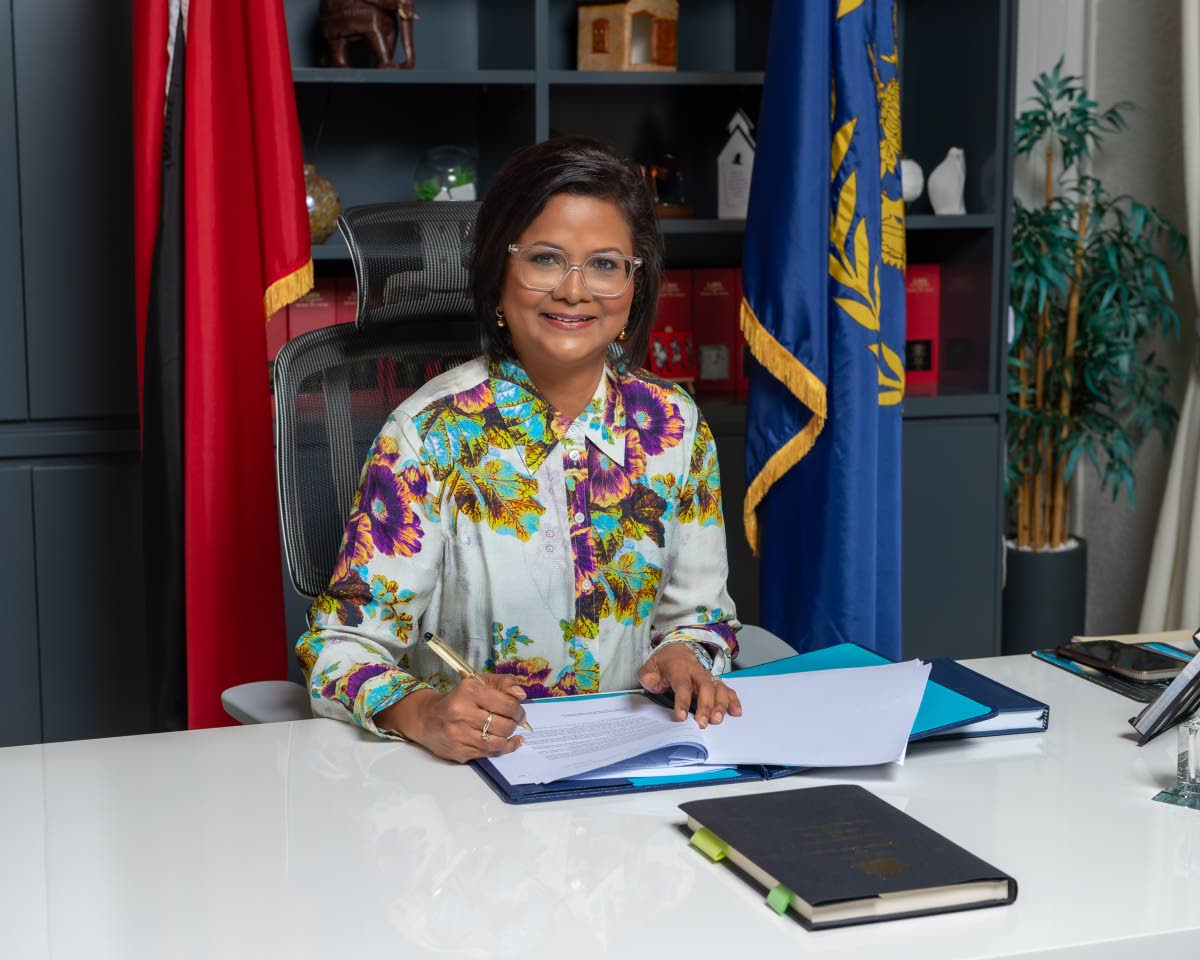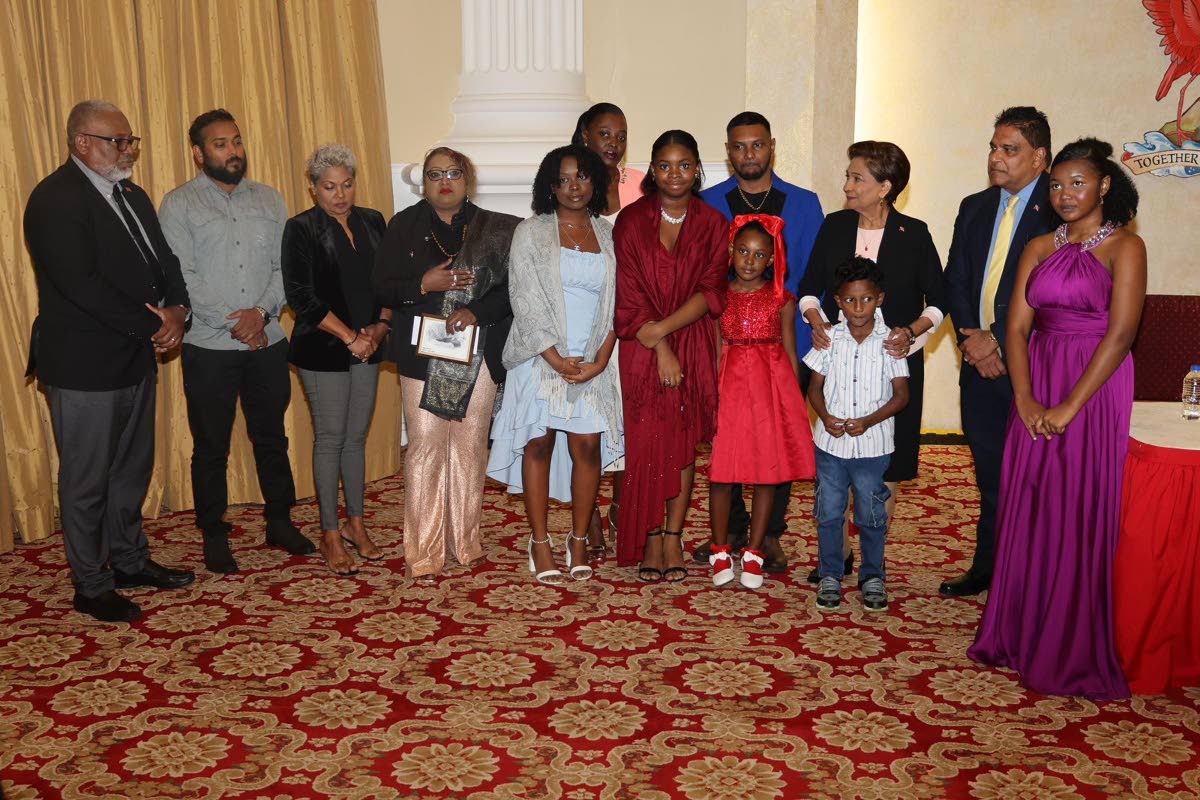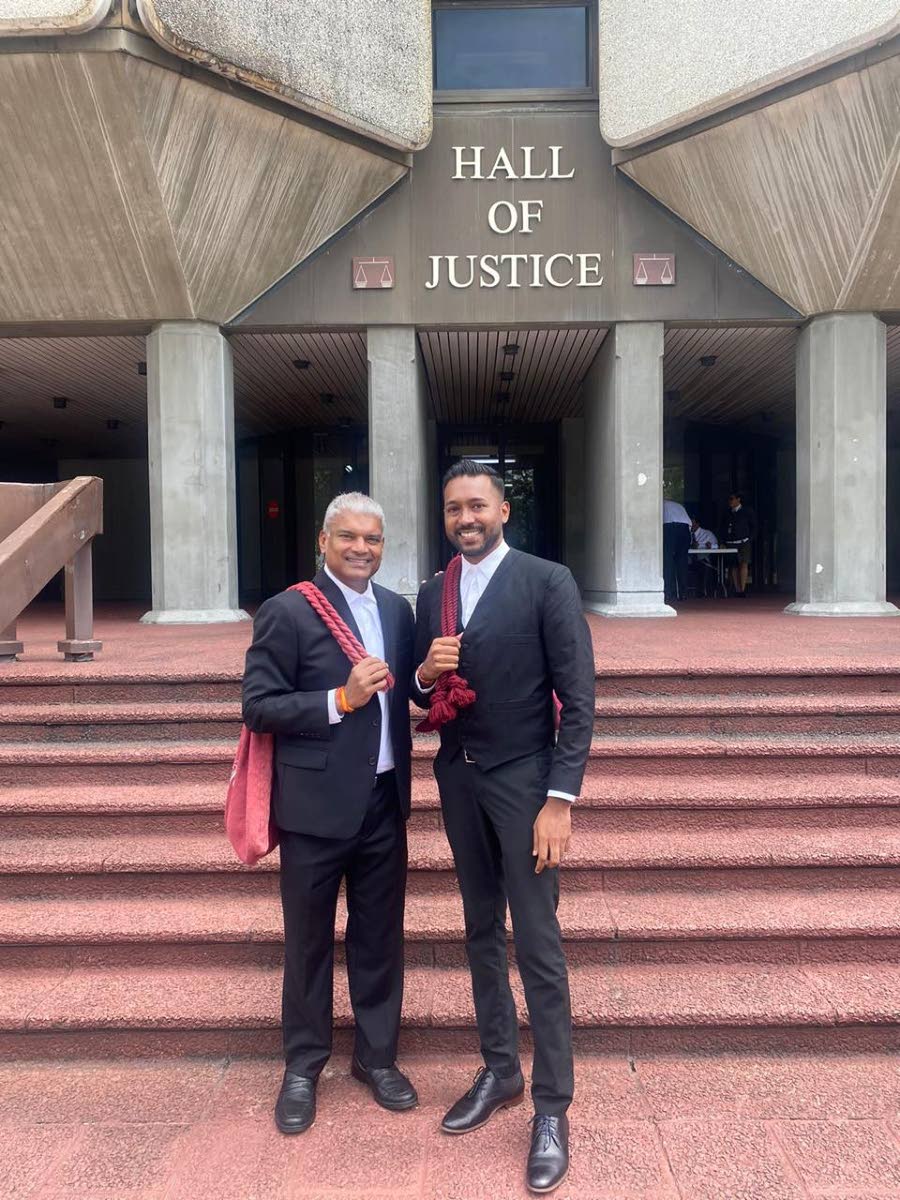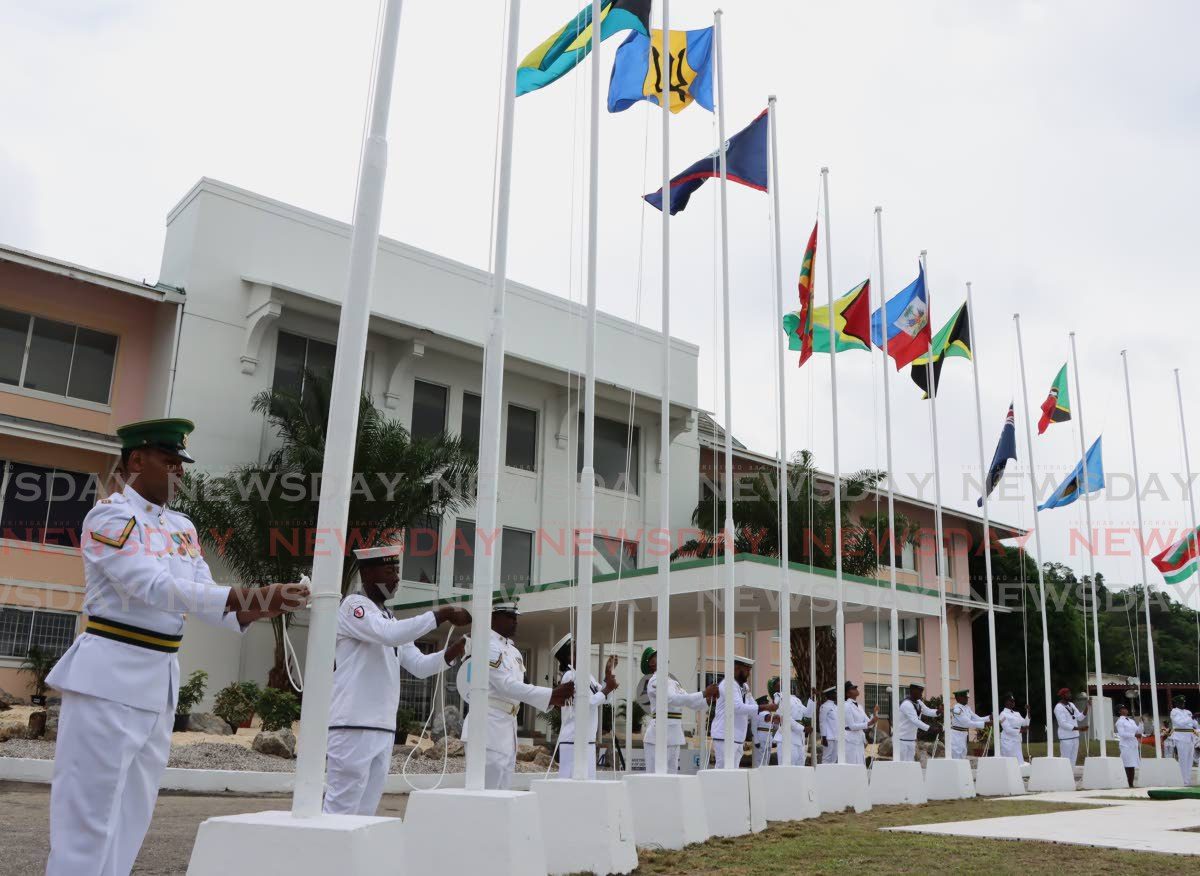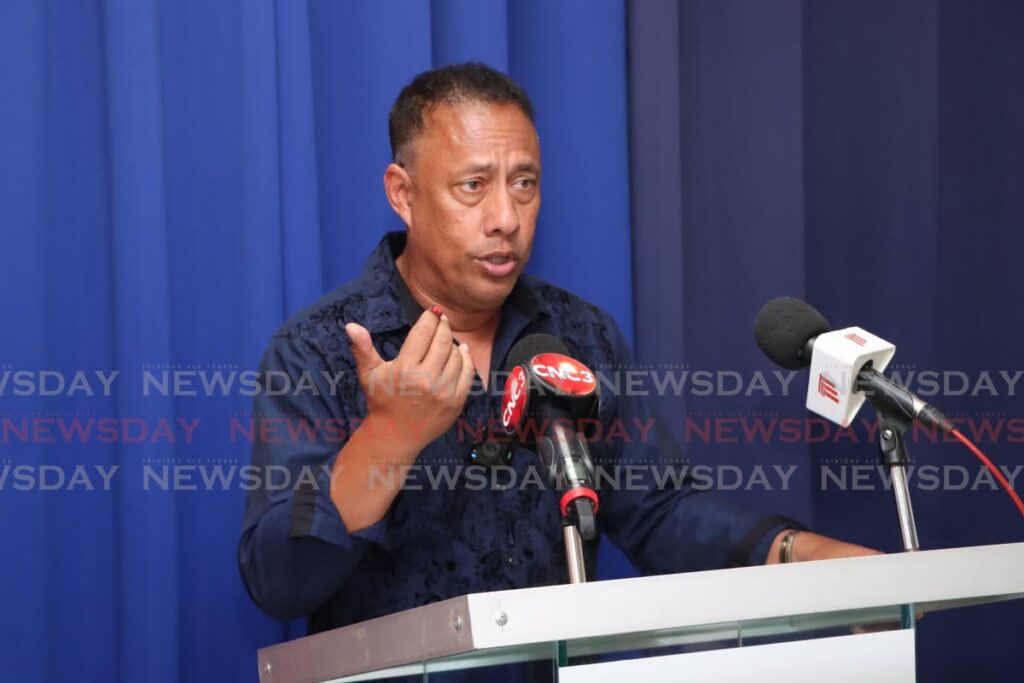The highly anticipated Ultimate Soca Championship competition will not proceed in 2026 due to economic challenges and lack of governmental support, CEO Jerome ‘Rome’ Precilla has confirmed. The decision marks a significant setback for Caribbean musical talent development during Carnival season.
Precilla revealed that organizers had reached out to Trinidad and Tobago’s Ministry of Culture and Community Development and the National Carnival Commission (NCC) in January, proposing collaborative budget solutions to accommodate the current economic climate. Despite offering to work within constrained financial parameters, the organization received no response from governmental bodies as the Carnival season approached.
‘We recognized the economic realities were different this year,’ Precilla explained via WhatsApp messaging. ‘We presented flexible options to maintain the project based on last year’s demonstrated successes, but without ministerial support, producing our standard of show became impossible.’
The competition, which launched during Carnival 2025 as a successor to the discontinued International Soca Monarch, had established itself as a crucial platform for emerging artists. Precilla highlighted several success stories including Sucre (lead vocalist for Evolution Band), Anika Berry, Christo, and Christina James – artists who gained significant recognition and career opportunities through the championship.
Last year’s tournament achieved remarkable reach with over one million combined views across social media and television broadcasts throughout the season. The 2025 edition operated on an $8 million budget and crowned Grenada’s Akim ‘Blaka Dan’ Ogiste as champion.
Precilla expressed profound disappointment at the cancellation, noting that artists consistently inquire about the competition’s return. While private entities expressed willingness to contribute, Precilla emphasized that large-scale ventures of this nature require foundational government support. Organizers remain hopeful for renewed partnership with ministry officials and the NCC to revive the championship for Carnival 2027.


